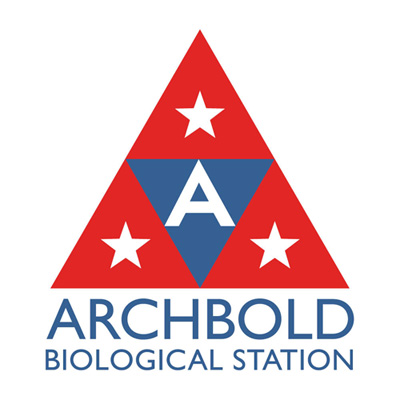
Author: Amanda West
We can now say it’s officially the rainy season here in Florida. At Archbold Biological Station, at least 7 inches have fallen in the past 2 weeks. This year’s dry season was very dry, and researchers at Archbold were able to keep track of how low water levels dropped by continuing to monitor a set of seasonal ponds that have been checked monthly for the past 21 years. “All our ponds dried out this year, which hasn’t happened since Hurricane Irma” says researcher Amanda West in the Archbold Restoration Ecology & Herpetology Program. West has been leading seasonal pond monitoring since she started at Archbold in 2018, right after Hurricane Irma hit Highlands County. As she remembers, “The scrub was so wet. Ponds were so full, they were connecting with each other across the landscape. It rained a lot in 2018 as well, so most ponds never dried up in 2018 or 2019”. In contrast, this year had only an average of two inches of rain a month from November 2019 to April 2020, which brought water levels in wetlands and larger lakes down across Highlands County. “All our ponds finally dried up, as is typical in the dry season which is good.” commented West.
One would think the drying up of ponds is a bad thing for the plants and animals that depend on these ponds for food, water and shelter. Seasonal pond communities, however, are adapted to experience dry and wet periods and without these cycles of dry and wet, the ponds can become unhealthy. “Intermittent drying up is typical and good for the soil, for the amphibians, and for the plants,” explains West. “Pond soil doesn’t get a lot of oxygen when covered with water. When the pond dries, the soil microbes get a chance to process some of the nutrients they couldn’t when deprived of oxygen.” When there is standing water, much of the organic matter from plants can float on top of soil and doesn’t completely break down without oxygen and contact with soil microbes. When the water leaves, this organic matter settles on the soil surface and can be broken down by different microbes that work in oxygenated environments.
Seasonal ponds are very important for frogs and toads to lay their eggs because of the lack of fish predators. Fish eat their eggs and developing tadpoles. West explains “Since seasonal ponds dry out periodically, fish usually can’t live there. When the landscape gets really wet during a wet season or hurricane, the ponds can connect via sheet flow with each other and fish will travel between ponds, repopulating them. Now that our ponds have dried out for the first time in 2 years, amphibians like the Pine Woods Treefrogs have a safer place to lay their eggs.”
Plants, it turns out, are also well-adapted to dry and wet cycles. “Some herbaceous plants, such as Hatpins or Meadow Beauty, need open areas of ponds, but can’t be flooded over when they are seedlings or small plants. These plants need dry times to grow and sometimes to reproduce. They usually are able to finish their life cycle and set seed before they get drowned out by the ponds filling up: then their seeds germinate the next time the soil is exposed.” West recommends those interested in learning about the seasonal ponds at Archbold to sign up and attend the Virtual Field Trip hosted by Dustin Angell on June 16th.
On Tuesday June 16th at 9:30AM, join Dustin online as he visits a seasonal pond to discuss the ecosystem and search for life. To register for Archbold’s Virtual Field Trips with Dustin Angell, please visit the Archbold website at archbold-station.org, or plan to attend live on our Facebook page.

